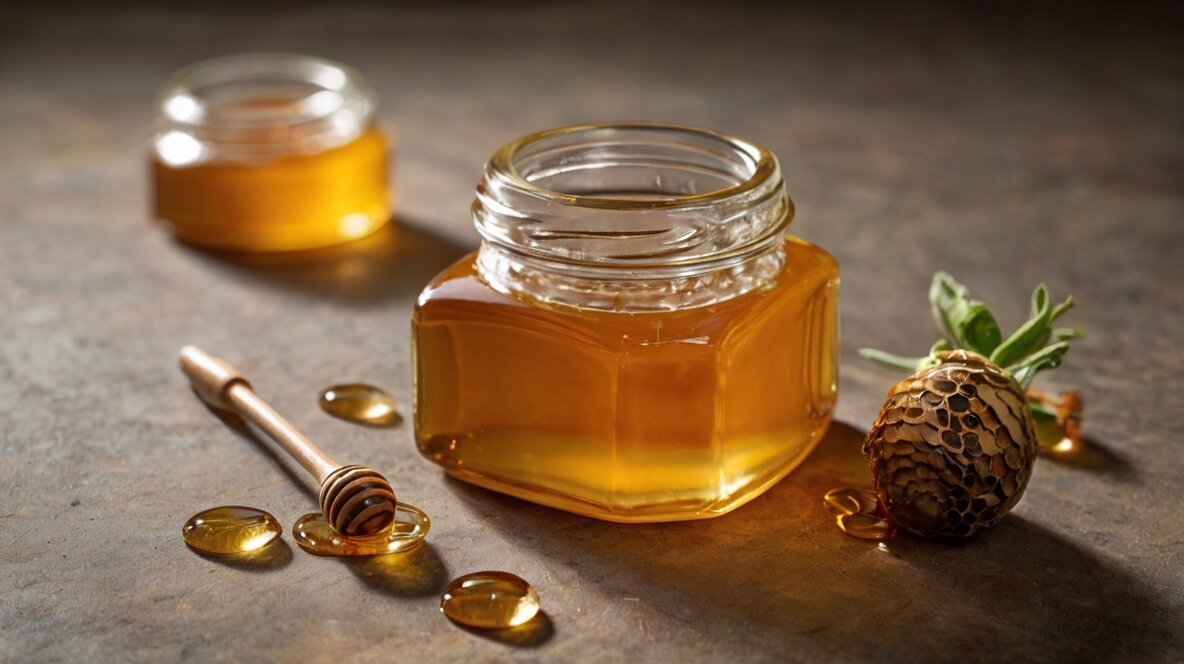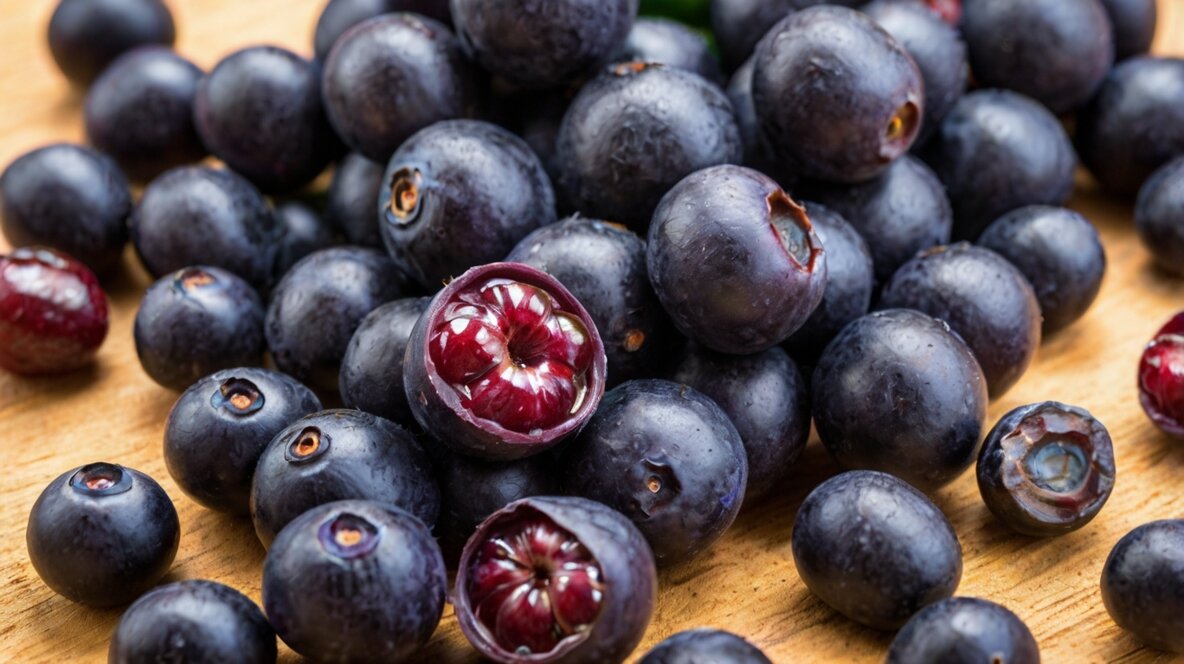Table of Contents
If you’re like many pet owners, Cats eat honey, you might wonder about the safety of sharing some of your favorite snacks with your furry friend. Honey is a delicious and widely used natural sweetener, but is it safe for cats? In this vet-approved guide, we’ll dive deep into the question: Can cats eat honey? We’ll cover the benefits, risks, and everything you need to know before considering honey for your feline companion.
What Is Honey?
Honey is a thick, golden liquid bee produced from the nectar of flowers. Humans have used it for centuries as a natural sweetener, medicine, and even a beauty product. Honey is rich in sugars, particularly glucose and fructose, and contains small amounts of vitamins, minerals, and antioxidants.
It’s considered a “superfood” for humans, but when it comes to our pets, not all human foods are safe. So, where does honey fall for our feline friends?
Can Cats Eat Honey?
Let’s get straight to the point: Cats can technically eat honey, but it’s not recommended. Veterinarians generally advise against feeding honey to cats for several reasons. While honey is not toxic to cats, it doesn’t provide any nutritional benefits for them and can pose certain health risks. Cats are obligate carnivores, meaning their bodies are designed to thrive on a meat-based diet, and sugary substances like honey don’t fit well into their nutritional needs.
Nutritional Needs of Cats vs. Honey
Cats require a diet high in protein and fat, with very little carbohydrate intake. Their bodies aren’t equipped to process sugars and carbs the same way humans or even dogs can. Honey, on the other hand, is composed mainly of sugar and offers no essential nutrients for your cat.
So, if you’re wondering whether honey fits into a cat’s diet, the answer is simple: it doesn’t. While small amounts of honey may not cause immediate harm, it can lead to long-term issues such as obesity, digestive problems, and even diabetes over time.
Potential Benefits of Honey for Cats
In humans, honey is often touted for its antimicrobial and anti-inflammatory properties, and it’s sometimes used as a home remedy for colds or skin wounds. But when it comes to cats, the benefits of honey are negligible. There’s no strong evidence suggesting that honey provides any significant health benefits for felines.
Some pet owners might wonder if honey could help soothe a sore throat or calm a cough in cats, much like it does in humans. However, cats don’t typically suffer from the same throat and respiratory conditions as humans do, and their bodies process substances very differently.
Risks and Dangers of Feeding Cats Honey
While honey may seem harmless, it poses several risks when it comes to feeding it to cats:
- Digestive Issues: Cats have sensitive digestive systems, and honey can be difficult for them to digest. It may cause diarrhea, stomach upset, or vomiting.
- Allergic Reactions: Although rare, some cats could be allergic to honey. Always watch for signs of swelling, itching, or difficulty breathing if your cat consumes honey.
- Obesity and Weight Gain: Honey is loaded with sugar, and regular consumption can lead to weight gain, increasing the risk of obesity-related issues like diabetes and joint problems in cats.
Cats and Sugary Foods
Unlike humans, cats lack taste receptors for sweetness. This means that sugary foods like honey don’t appeal to them in the same way they do to us. Cats are more likely to be interested in protein-rich treats than sugary snacks. This lack of interest in sugar might be nature’s way of protecting them from eating something that isn’t beneficial to their health.
Can Kittens Eat Honey?
It’s even more important to avoid giving honey to kittens. Their developing digestive systems are more delicate, and honey can cause severe digestive distress. In some rare cases, honey can also contain spores of Clostridium botulinum, which poses a botulism risk—especially for young, immune-compromised, or elderly animals.
What Happens if a Cat Eats Honey?
If your cat accidentally eats a small amount of honey, don’t panic. Monitor your pet closely for signs of digestive upset, such as vomiting, diarrhea, or lethargy. If any of these symptoms appear or if you’re worried about your cat’s well-being, it’s best to consult your vet for guidance.
Honey and Cat Allergies
Though honey is not a common allergen for cats, it’s still possible for some felines to develop allergic reactions. Symptoms could include swelling, difficulty breathing, or excessive scratching. If you suspect your cat is having an allergic reaction after consuming honey, contact your vet immediately.
Alternatives to Honey for Cats
If you’re looking for healthy treats for your cat, there are plenty of better options than honey. Consider offering cat-safe fruits like small pieces of cantaloupe, or even better, stick with protein-rich treats designed specifically for felines. Your cat will get far more nutritional value from these treats than from sugary substances like honey.
Honey as a Topical Treatment for Cats
Interestingly, honey has some uses in veterinary care when applied topically. It’s occasionally used as a natural remedy for wound healing or skin conditions in both humans and animals. However, if you’re considering using honey on your cat’s skin, it’s always a good idea to consult your vet first. They can guide you on proper application and safety precautions.
How Much Honey Can a Cat Safely Eat?
If you decide to give your cat honey (though it’s not recommended), the amount should be very small—less than half a teaspoon. However, it’s best to avoid it altogether since there’s no real benefit and potential risks involved.
Signs Your Cat Is Having Trouble After Eating Honey
If your cat consumes honey and starts to show signs like vomiting, diarrhea, lethargy, or excessive drooling, it’s time to reach out to your vet. Cats don’t tolerate sugary foods well, and these symptoms can indicate that the honey has upset their stomach.
Conclusion
So, can cats eat honey? The short answer is yes, but it’s not recommended. Honey offers no nutritional benefits for cats and poses more risks than rewards. From digestive issues to potential allergic reactions, it’s best to stick with vet-approved, cat-friendly treats instead of sugary human foods like honey.
FAQs
- Can honey help my cat with a sore throat?
No, honey doesn’t have the same soothing effect on cats that it does on humans. Always consult your vet for proper treatments. - Is manuka honey better for cats than regular honey?
Manuka honey may have stronger antimicrobial properties, but it’s still not recommended for cats due to their sensitivity to sugar. - Can honey help a cat’s digestive system?
Honey is unlikely to aid digestion in cats and can cause digestive issues like diarrhea. - Are there any benefits of raw honey for cats?
Raw honey has more natural enzymes, but it still poses risks and doesn’t offer benefits that justify feeding it to cats. - How much honey is too much for a cat?
Even small amounts of honey can cause issues. Avoid giving honey to your cat to prevent potential health problems.



